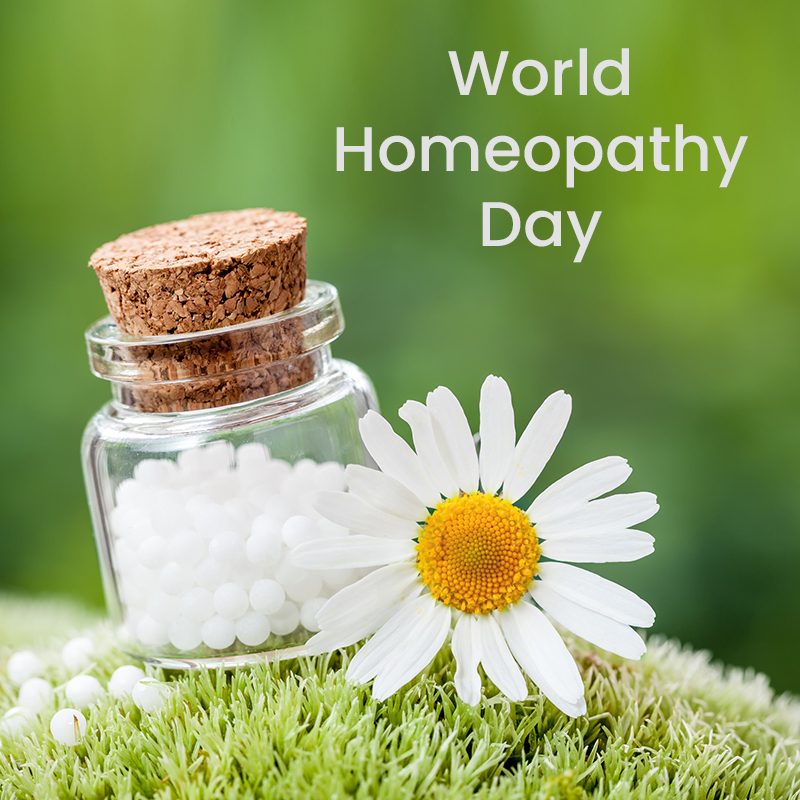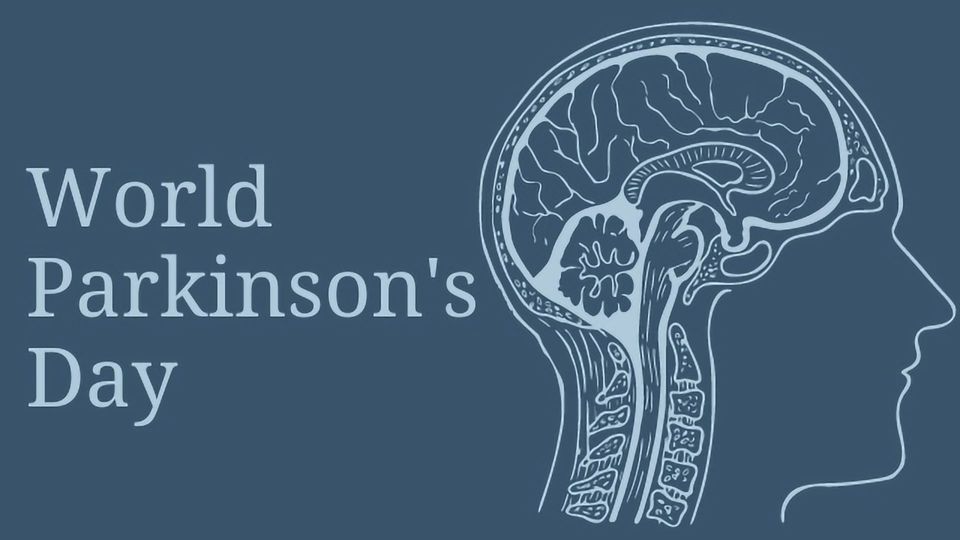History of Homeopathy
Homeopathy is a system of alternative medicine that was developed by Samuel Hahnemann in the late 18th century. Hahnemann was a German physician who became disillusioned with the medical practices of his time, which included the use of toxic substances like arsenic and mercury to treat diseases. He began to experiment with various substances to see if they had any medicinal properties, and he discovered that some substances could cause symptoms similar to those of certain diseases. He then began to test the theory that “like cures like,” meaning that a substance that causes symptoms in a healthy person can cure similar symptoms in a sick person.
Hahnemann’s experiments led him to develop a system of medicine that involved highly diluted substances that were believed to stimulate the body’s natural healing processes. He called this system “homeopathy,” from the Greek words “homoios,” meaning “similar,” and “pathos,” meaning “suffering.”
Hahnemann published his ideas in a book called the “Organon of the Healing Art” in 1810. The book laid out the principles of homeopathy and provided a guide for practitioners to follow. Homeopathy gained popularity in Europe and the United States in the 19th century, and many homeopathic hospitals and clinics were established.
However, homeopathy fell out of favor in the early 20th century with the rise of modern medicine and the development of antibiotics and other drugs. Today, homeopathy is still practiced in many countries around the world, but it remains controversial and is not widely accepted by the medical community.
Significance of World Homeopathy Day
World Homeopathy Day is observed annually on April 10th to commemorate the birth anniversary of Samuel Hahnemann and to raise awareness about homeopathy and its benefits. The first World Homeopathy Day was observed in 2005, on the 250th birth anniversary of Hahnemann.
The day is an opportunity for homeopaths and practitioners to come together to promote the benefits of homeopathy and to educate the public about the system of medicine. It is also a chance for homeopaths to discuss the latest developments in the field and to exchange knowledge with their peers.
The theme for World Homeopathy Day varies each year, but the overall goal is to raise awareness about homeopathy and to encourage people to consider it as a treatment option for various diseases and conditions.
Benefits of Homeopathy
Homeopathy is a controversial system of medicine, and its benefits are not universally accepted by the medical community. However, many people who use homeopathy believe that it is an effective treatment for a wide range of conditions.
One of the main benefits of homeopathy is that it is a holistic system of medicine that considers the whole person, including their physical, emotional, and mental state. Homeopathic remedies are tailored to each individual based on their specific symptoms and overall health. This personalized approach can lead to better treatment outcomes and fewer side effects than conventional medicine.
Homeopathy is also believed to stimulate the body’s natural healing processes and to help the body heal itself. This is achieved through the use of highly diluted substances that are believed to trigger the body’s natural healing responses.
Homeopathy is often used to treat chronic conditions like allergies, asthma, arthritis, and digestive disorders. It is also used to treat acute conditions like colds, flu, and ear infections. Homeopathy is safe for people of all ages, including infants, children, and pregnant women.
Criticism of Homeopathy
Despite its popularity among some people, homeopathy is a controversial system of medicine, and its benefits are not universally accepted by the medical community. Critics of homeopathy argue that it is based on outdated and unscientific principles and that there is no evidence to support its effectiveness.
One of the main criticisms of homeopathy is that the dilutions used in homeopathic remedies are so highly diluted that they contain no active ingredients. Homeopathic remedies are typically diluted to the point where there is no detectable trace of the original substance left in the final product. Critics argue that this means that homeopathic remedies are nothing more than placebos, and that any perceived benefits are simply due to the power of suggestion.
Another criticism of homeopathy is that it can be dangerous if used in place of conventional medicine for serious or life-threatening conditions. Homeopathy is not intended to replace conventional medicine, and should not be used as a substitute for medical care. If you have a serious medical condition, you should always seek the advice of a qualified medical professional.
Finally, critics argue that homeopathy can be expensive and time-consuming, and that it is not always covered by insurance. Homeopathic remedies can be expensive, and the process of finding the right remedy can be time-consuming. In addition, many insurance companies do not cover homeopathic treatments, which can make them unaffordable for some people.
Conclusion
World Homeopathy Day is an important occasion for the homeopathy community to come together and raise awareness about the benefits of this alternative system of medicine. While homeopathy remains controversial and its benefits are not universally accepted, many people who use homeopathy believe that it is an effective treatment for a wide range of conditions.
If you are considering using homeopathy, it is important to do your research and to talk to a qualified homeopath or medical professional. Homeopathy should not be used as a substitute for medical care, and it is important to seek the advice of a qualified medical professional if you have a serious medical condition.
Overall, World Homeopathy Day is an opportunity to learn more about this alternative system of medicine and to consider it as a treatment option for various diseases and conditions.


